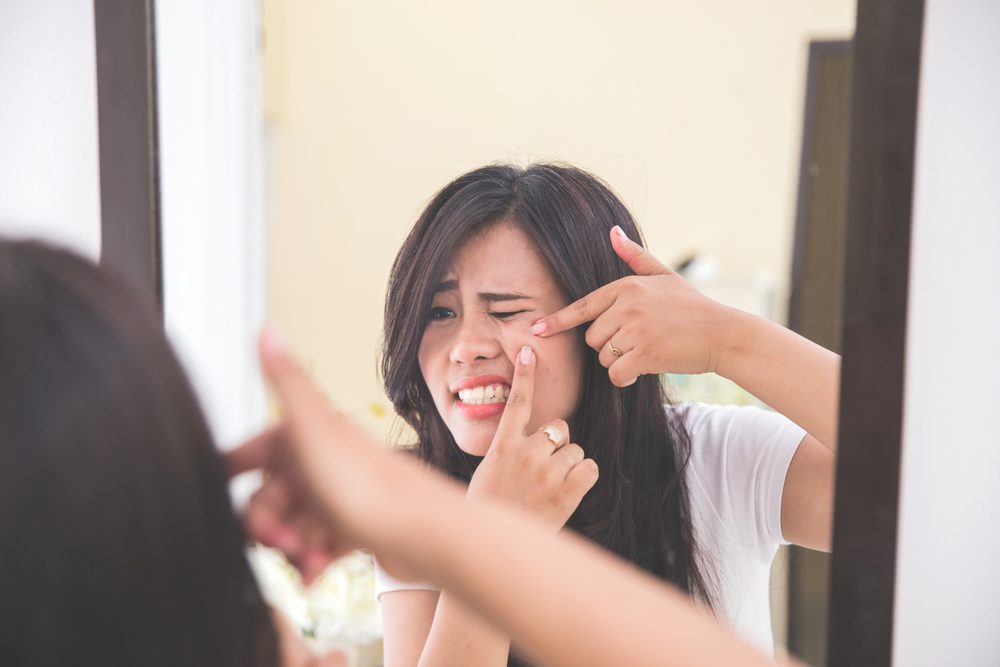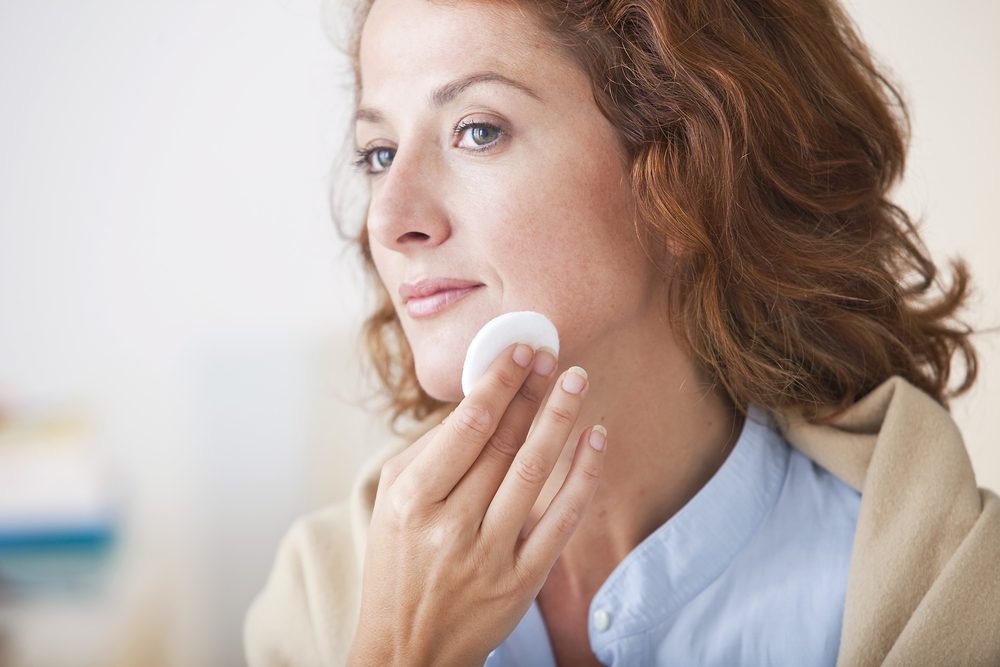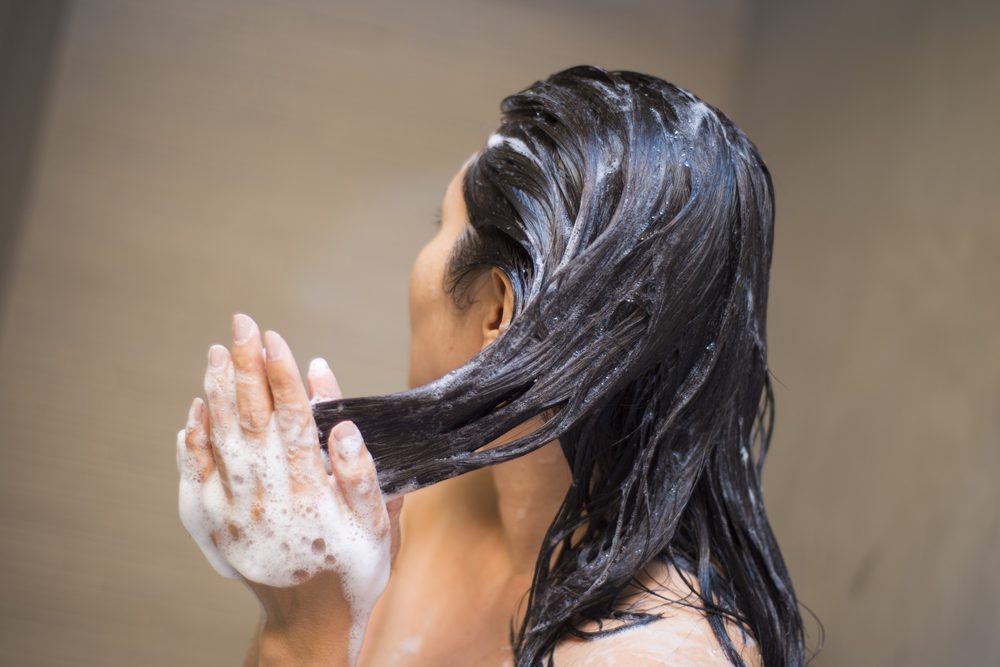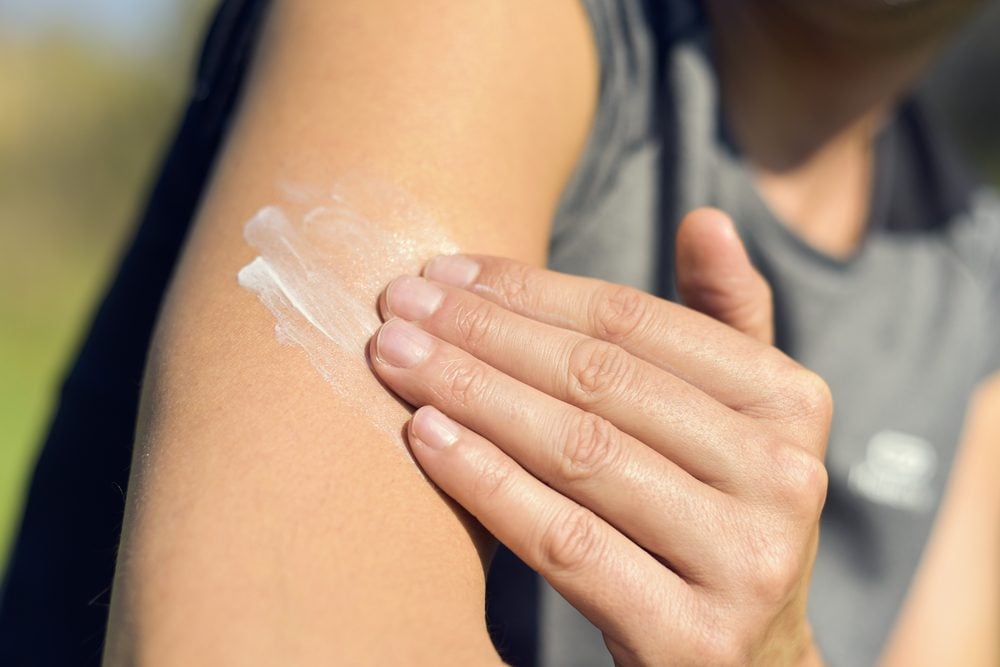profile/384F703FC4A-A551-4958-9CDF-FB599882D2FE.jpeg
Gambianqueen
7 Natural Headache Painkillers
~5.3 mins read
.jpg)

Having a headache is painful, distracting, and irritating, but it is one of the most common physical complaints of humankind. Headaches can be sparked by all kinds of things, from dehydration to stress to allergies. When it comes to killer migraines, the cause comes down to the individual sufferer, as different triggers bother different people.
But despite how uncomfortable a headache can be, we are typically trained to believe that we can’t slow down for one. Even though that’s really what we should do, the first instinct is usually to reach for some acetaminophen (Tylenol), ibuprofen (Motrin), or naproxen (Aleve). Each of these over-the-counter pain relievers can minimize or eliminate headache pain.
Unfortunately, despite millions of dollars’ worth of advertising to assure consumers that these medications are safe, they all come with some serious side effects. Did you know that acetaminophen is the number one cause of liver failure worldwide? And for each of these major three painkillers, the effective dose is uncomfortably close to the toxic dose. When you read the fine print, you’ll see that the labels all discourage regular, consistent use of the product for pain relief.
These medications have their place, but it should be as a last resort rather than a first response. The following 7 natural painkillers could eliminate your suffering without imposing dangerous side effects. Many of them have been used in homeopathic medicine for hundreds of years, like #3, while others (see #5) are really going to appeal to today’s modern American.
1. Water

The first thing you should do when you feel a headache coming on is drink some water. Chronic dehydration is an extremely common cause of headaches, which means that it’s not just about how much water you drank today, but about your water consumption habits overall. Being dehydrated can also cause distraction and irritability, which tends to make your symptoms feel worse.
Drinking some water has been shown in studies to relieve dehydration-related headache symptoms within 30 minutes to three hours. If you are prone to headaches, you may be able to decrease their frequency by staying on a good hydration regimen and making sure to eat plenty of water-rich foods like fruits and vegetables.
2. Turmeric

One of the most painful bodily conditions is inflammation, and that goes for headaches too. Ibuprofen is a powerful anti-inflammatory, which is why it can make you feel better. But nature is full of natural anti-inflammatories that you should try first. Turmeric is a great one because it has a high concentration of anti-inflammatory compounds as well as lots of powerful antioxidants.
The anti-inflammatory elements of turmeric are called curcuminoids, but we usually talk about the most important one called curcumin. Curcumin reduces inflammation all over the body, and in the case of headaches, may relieve their underlying cause to eliminate your pain. So say yes to that curry lunch! If you don’t like the taste of turmeric, it also comes in capsule supplement form.
Willow Bark

If you are looking for a more natural form of those lab-produced painkillers, think about willow bark. It contains salicin, a close cousin of acetylsalicylic acid, otherwise known as aspirin. Ancient societies chewed on willow bark to relieve pain, reduce fevers, and soothe inflammation. Nowadays, you are more likely to find willow bark in dried form for making tea or as a capsule or liquid supplement.
Willow bark is certainly powerful, but because it is so close to actual aspirin, it can cause some side effects. Like all OTC medications, it is not recommended for prolonged use. It shouldn’t be given to children or anyone who takes an anticoagulant medication. Don’t mix willow bark with other painkillers
4. Magnesium

Studies have shown that magnesium deficiency is common in people who suffer frequent migraine headaches. The evidence suggests that 600 mg of oral magnesium citrate per day can reduce the frequency of migraines as well as their intensity when they do strike.
It is not clear why magnesium helps headaches, but it is a very important mineral that assists countless bodily functions, including blood sugar regulation and nerve transmission. Obviously, it is our nerves that communicate pain messages to the brain, and both low and high blood sugar can cause headaches. Perhaps this accounts for magnesium’s ability to relieve the suffering
5. Caffeine
Caffeine has long been known to have a positive effect on headaches, which is why it can be found in many over-the-counter headache medicines. Caffeine can constrict blood vessels (reducing inflammation), boost your mood, and improve alertness, all of which can be helpful in minimizing headache pain. This mild stimulant has also been found to improve the effectiveness of OTC pain meds.
As long as you get your caffeine from coffee or tea, rather than sodas or energy drinks that also contain other headache-inducing artificial ingredients, feel free to use this natural remedy. However, note that caffeine withdrawal can also cause headaches and that people develop a tolerance to caffeine when it is used regularly. If you plan to use caffeine for headache relief, it is best to avoid it when you’re not suffering.
6. Cloves
Cloves are a sweet and spicy herb that may help a headache whether you consume it or rub it on your sore head. You may be able to find cloves either whole, powdered, or in tincture form. Clove not only reduces inflammation, but also contains a pain relieving compound called eugenol. Eugenol is powerful enough to feature in many OTC ointments formulated for pain.
Cloves are great for cooking with, but when you are looking for instant relief, try rubbing clove oil on your temples. Tread lightly – a little bit is enough, and too much can actually burn the skin. It is best for those on blood thinners to avoid clove entirely.
Cold Compress
Getting back to basics, sometimes a good old-fashioned cold compress can work wonders. Applying one to a painful head will decrease inflammation, constrict blood vessels, and slow nerve conduction, a trio of effects that all help to reduce pain. Cold treatment may be enough to cure your headache by itself, but it is also safe to use in conjunction with any other pain treatment.
Go ahead and grab a bag of frozen vegetables to place over your forehead, or else fill a waterproof bag with ice and wrap it in a towel before applying. To avoid damaging your skin, stick to 15-20 minutes of cold therapy at a time.
Conclusion

Beyond making sure that you are properly hydrated, rest is another important element of headache care. Yes, life is busy, but headaches are often a sign that you need to slow down a bit, look away from your screen, and just breathe. Using homeopathic techniques like the 7 described here is a great way to nurture the mind-body connection that so deeply influences our experience of pain.
Any of the natural remedies on our list are worth a try, unless they happen to be contraindicated by a pre-existing condition or medication regimen. Take your time as you experiment with them so you can develop varying strategies for dealing with different kinds of headaches.
profile/384F703FC4A-A551-4958-9CDF-FB599882D2FE.jpeg
Gambianqueen
8 Beauty Tips That Will Also Improve Your Health
~2.7 mins read
.jpg)

Drink less alcohol (and more water)
Dr. Stephen Mulholland, a plastic surgeon in Toronto, says excessive alcohol consumption-more than one or two drinks a day-puts strain on the liver. This can result in dilated pores, dilated and broken capillaries, as well as the overgrowth of sweat and oil glands.
Unfortunately, this occurs most often in the face (particularly the nose), though other areas of the skin are vulnerable, too. But he still believes in the health benefits of red wine, and says one glass a day will not harm the skin-unless you suffer from rosacea. A survey by the National Rosacea Society in the U.S. found that 76 percent of sufferers cited red wine as a trigger for flare-ups.

Exercise regularly
Exercise definitely gives you more energy and keeps you in shape. But new research from McMaster University suggests that endurance exercise might help fight, and even reverse, the signs of aging, such as balding, grey hair and thinning skin.
Endurance exercise is aerobic activity-such as brisk walking, running or cycling-that improves cardio-respiratory fitness, according to the Canadian Society for Exercise Physiology. The longer you can do aerobic exercise, the more endurance you have.
In the McMaster study, lead researcher Dr. Mark Tarnopolsky had mice with physical characteristics comparable to a middle-aged person do 45-minute runs three times a week. Their skin became tighter, and their fur grew back and stopped turning grey

Stop picking at pimples
Never pick at your skin, says Dermatologist Dr. Lisa Kellett of DLK on Avenue in Toronto. “Picking can cause scarring and infection,” she explains, “and the skin doesn’t heal properly.” It’s important to note that acne scarring is actually caused by picking and not the acne itself, Dr. Kellett notes-so keep hands off for clearer skin.

Remove your makeup before bed
By not cleansing before bed, you’re leaving your pores clogged with leftover makeup and sweat, says Manuela Marcheggiani, a cosmetic chemist and co-founder of Canada’s Isomers (Skin Care) Laboratories.
The result: dull, breakout-prone skin. Leaving on your eye makeup could even cause eye irritation and broken lashes.
On nights when you’re too tired, use pre-saturated cleansing cloths before you crash.

Stop shampooing every day
Some women just don’t feel clean if they don’t shampoo daily. But washing your hair that often depletes your scalp of the natural oils that make hair shiny and manageable, says high-profile Canadian hairstylist Marc Anthony. It may make hair greasier as your body overproduces oils to compensate.
Instead, try shampooing every other day. “If hair is flat, run damp hands through it and blow-dry on low to bring back volume,” suggests Anthony. It helps if you don’t go wild on hairspray and gel the first day. You could also try a “dry” shampoo.

Apply sunscreen daily
Skin cancer is the most common form of cancer in Canada, and those with fair skin are at increased risk. “Exposure to ultraviolet radiation from the sun or indoor tanning equipment and having fair skin are the most common risk factors for skin cancer,” says Lynda MacNiven, senior prevention coordinator for the Canadian Cancer Society, Ontario Division. “People who work, or exercise, in the sun for long periods of time are at greater risk.”
Advertisement

Link socials
Matches
Loading...
